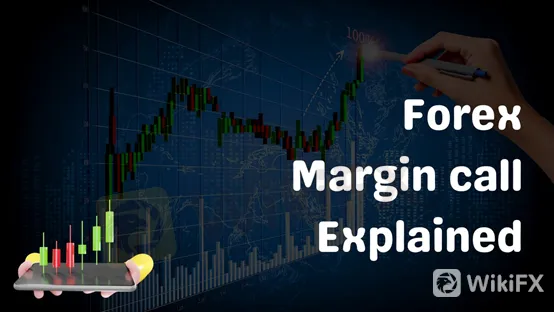Post
A lot of new forex beginners may never have heard the words ‘regulated' and ‘authorised' in the context in which they are used in the forex industry.To get more news about fspr regulated forex brokers, you can visit wikifx.com official website.
Simply defined, regulation refers to global supervisory bodies who are tasked to regulate forex by setting specific standards that the brokers who fall under their jurisdiction must comply with.
Such standards can include being registered, licensed, and thus authorised with the regulatory body, having frequent audits conducted, communicating changes of service to the traders that have registered accounts with them, and more.
These standards are unique to each regulatory body and their jurisdiction, however, they serve the same purpose, to keep traders and their funds safe.
What is the FSCA and its role in forex trading
Each country and region has its own regulatory body that regulates and authorises financial institutions or businesses that offer financial products and services to citizens within that country or region.
The Financial Sector Conduct Authority, also known as the FSCA, is the market conduct regulator of financial institutions within South Africa. The FSCA regulates and authorises the following financial service providers (FSP):
The FSCA works and to ensure that the financial sector is efficient and that customers within it remain informed and are treated fairly. This also ensures the provision of a stable financial market where consumers are both informed and protected.
It also ensures that those who jeopardize the financial well-being of consumers are held accountable for their actions or their attempts in doing so.
Why must you only use regulated forex brokers?
Regulatory entities such as the FSCA ensures that consumers are treated fairly, they are protected, and that they are informed; choosing a forex broker may be tedious, however, the most important aspect to verify when evaluating different brokers, is that the broker is regulated and authorised by a reputable regulatory entity in the country where the trader resides.
The reason for this, is that should there be any disputes, problems, or issues, and the trader reports the broker to the regulatory entity, it means that the problem, issue, or dispute can be resolved if the broker is found guilty of an offence.
When traders try to report unregulated brokers for the same reasons, it means that traders do not have support from any known regulatory entity, and that traders could lose their funds to fraudulent, illegitimate, or scam brokers who claim to have regulation, but do not.
When choosing a forex broker, traders cannot merely depend on the broker's claim that they are regulated and authorised.
Traders must ensure that they enquire about the corresponding license number that the broker was issued to confirm that they are both regulated and authorised to provide financial services and products.
Amidst the FSCA, there are reputable and trustworthy regulatory entities around the world who are the watchdogs over the forex market, ensuring that traders have access to a safe and secure trading environment.

komentarze

Opis

Kategorie

Tagi









